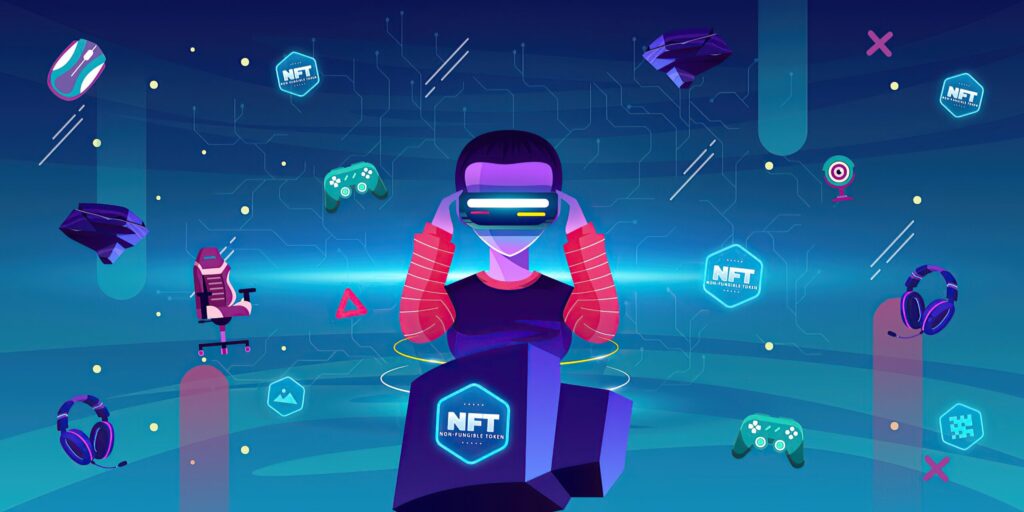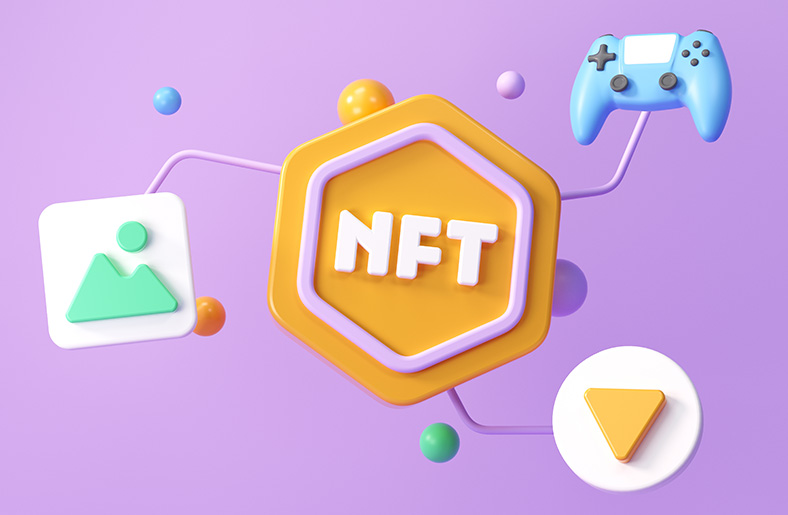Non-fungible tokens, or NFTs, are sweeping across industries like a wave, and the iGaming sector is no exception. These digital assets are opening up fresh possibilities for in-game tokens, rewards, and even ownership of virtual gaming assets, triggering a reevaluation of the future of iGaming.
With their unique attributes, NFTs have seized the interest of celebrities and artists in recent years. Now, NFTs influence is felt in the iGaming industry. They are being used as in-game tokens or deposits and rewards, with metaverse casinos and sportsbook platforms readily accepting NFT deposits.
Their foundation in blockchain technology offers a high degree of transparency and makes them accessible globally, free from restrictions. This is particularly appealing to players who encounter issues with conventional payment methods. Moreover, NFTs are being utilised in provably fair games, assuring players that results are determined by smart contract codes, devoid of human meddling.

Source: wccftech.com
NFT gambling integrates non-fungible tokens with iGaming, letting players use NFTs as tokens or deposits, acquire virtual gaming assets, and participate in fair games. This combination is enticing a broader audience, particularly younger generations with a keen interest in amassing digital assets.
The decentralisation, transparency, and security offered by blockchain technology allows NFT gambling to surpass the constraints of traditional payment methods. It provides players with unprecedented freedom and flexibility, instilling trust in their gaming experiences, thereby revolutionising the iGaming industry.
Emerging blockchain technology has introduced decentralised systems, making them resistant to corruption. This shift has reached the online casino industry, where slow payments, biased games, and unethical practices have been persistent issues. NFT casinos offer a solution by using secure and verifiable blockchain-backed currencies, effectively replacing central ownership with player ownership and eliminating these questionable practices.
Despite their advantages, NFTs pose a challenge due to their reliance on technology, limiting accessibility for many players. Furthermore, their association with the high cost of Ethereum-based transactions poses an obstacle, leading many operators to explore alternatives like Polygon.

Source: beanstalk.io
Another potential boon of NFTs in iGaming is the fostering of a vibrant secondary market, where players can trade or sell their in-game assets. This creates a dynamic economy within the game itself, adding another layer of engagement and strategic consideration for players. Digital assets, represented by NFTs, can gain or lose value based on their utility or rarity within the game, or the popularity of the game itself. This introduces a real-world economic aspect to the gaming experience, enhancing its appeal to a wider demographic. However, this also calls for robust regulatory measures to ensure fair and secure transactions, underlining the need for ongoing conversations between game developers, policymakers, and legal experts.
The unfolding story of NFTs in iGaming is a compelling one. Their promise to make gaming more fair, secure, and personalised is a tantalising prospect for both providers and players. It’s clear that NFTs have the potential to profoundly reshape the landscape of the industry. As we navigate these transformative currents, one thing is certain: the future of iGaming lies in harnessing the power of innovative technologies like NFTs. This emerging era of digital gaming, fuelled by NFTs, offers a bright and exciting horizon, heralding a new age of engagement, transparency, and inclusivity for all players in the vibrant world of iGaming.



